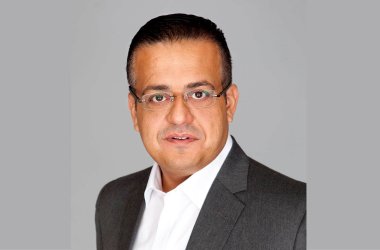Emirates Nuclear Energy Corporation (ENEC)
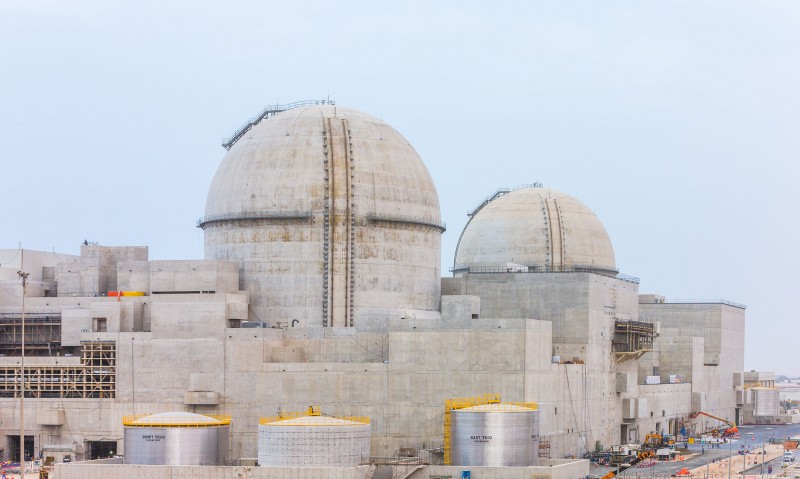
The driving force behind the UAE’s first nuclear energy plant has become a regular hit in the local headlines over the last year, as the completion of its nuclear reactors nears ever closer. We live in a region that has historically been powered by its vast oil reserves, but the UAE’s goal is now to use nuclear energy to produce at least 25 percent of the country’s electricity by 2021. Technology’s role in contributing to this vision is becoming more prominent than ever.
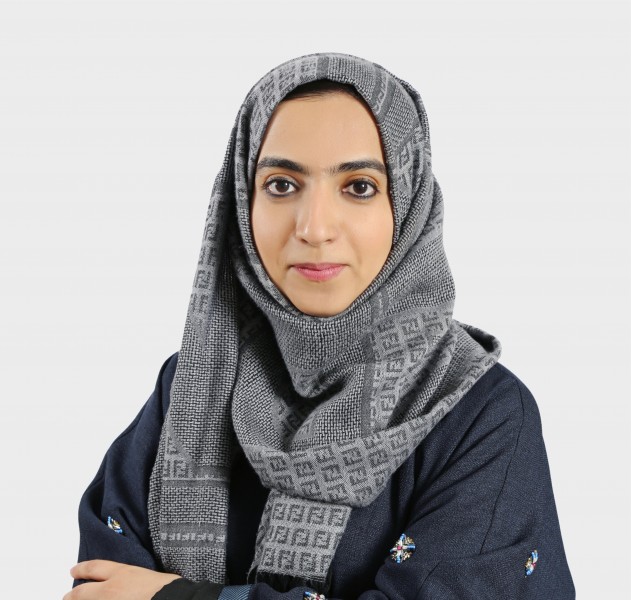
ENEC’s 1,700-strong workforce, set to increase to 2,500 by 2020, is currently overseeing the construction of four of “the most technologically advanced nuclear reactor designs in the world” at the Barakah site, just south of Abu Dhabi. That aside, the company has introduced technology that may not be typically associated with the energy sector, including 3D printing, virtual reality and the Internet of Things.
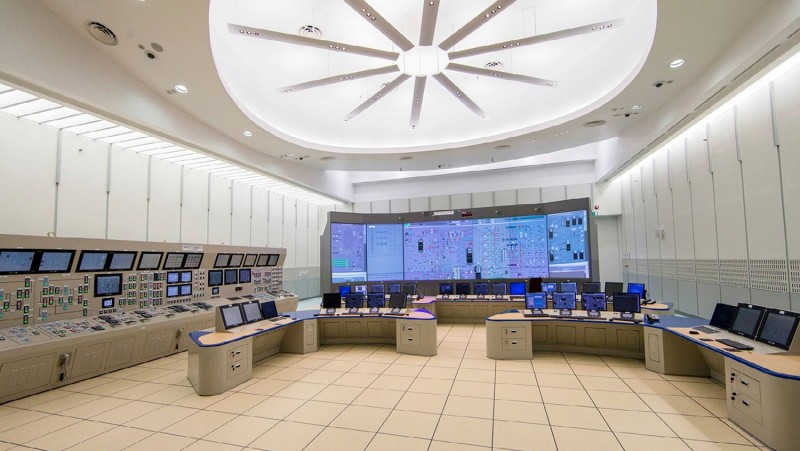
Its simulator training centre leverages state-of-the-art technology to produce exact replicas of the control rooms in each reactor, preparing staff members in understanding how to respond to scenarios in the most realistic way possible.
Emirates NBD
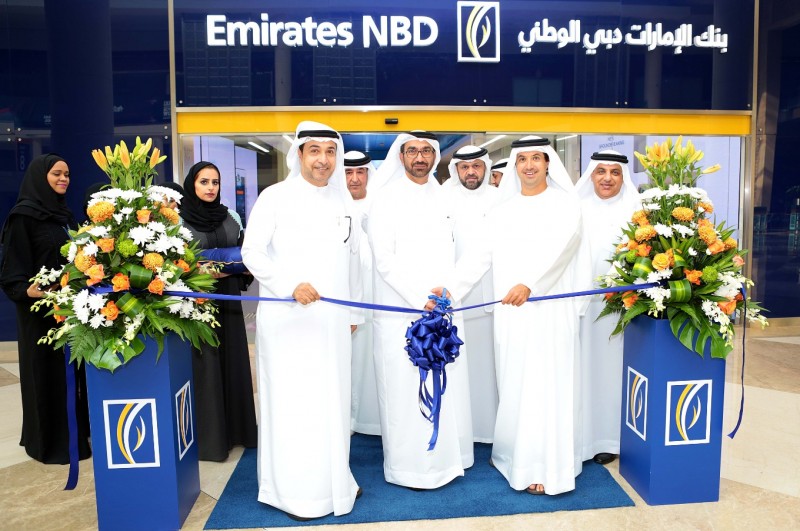
Last year was a busy one for Emirates NBD. Aside from introducing a millennial-focused, digital only banking app, as well as launching its first paperless digital branch at Dubai World Trade Centre, the bank also piloted sign-language technology at its Future Lab in Emirates Towers. Customers with hearing or speech impairments can communicate their banking inquiries using the KinTrans software, which will then be instantly converted into text displayed on a screen for service ambassadors to read.
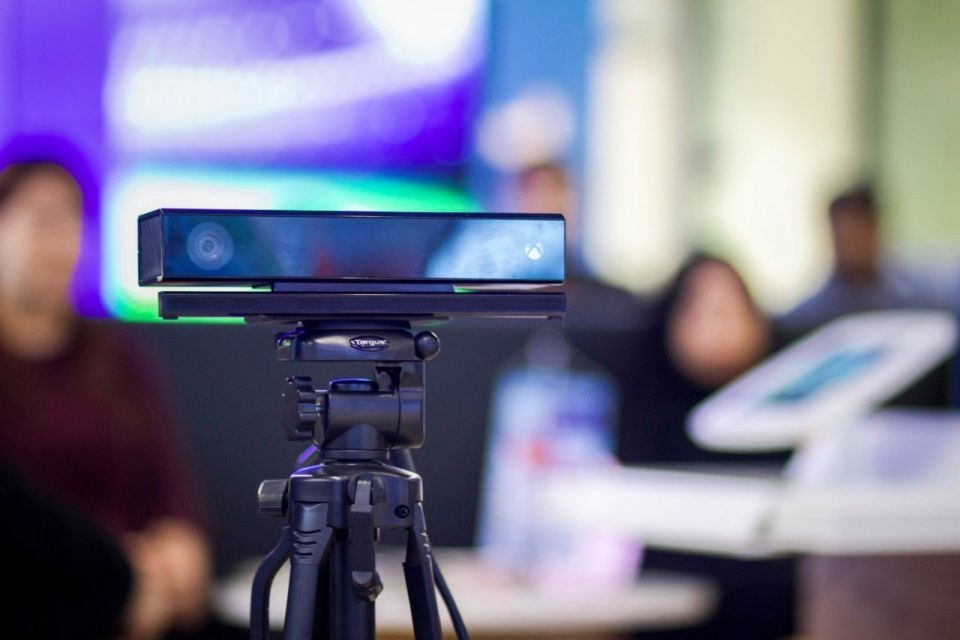
According to Middle East health specialists, hearing loss is one of the top five severe health issues affecting people in the region, alongside obesity and diabetes, demonstrating the need for this technology across the region.
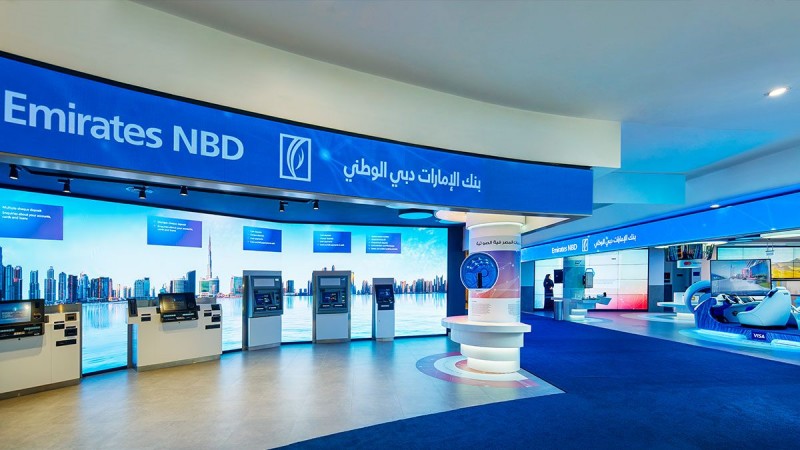
The bank has now also fully aligned itself with the UAE’s vision to become one of the world’s most disability-friendly countries, after transforming nine of its branches to suiting disability needs, in addition to distributing braille currency for its customers with visual impairments.
Dubai Police
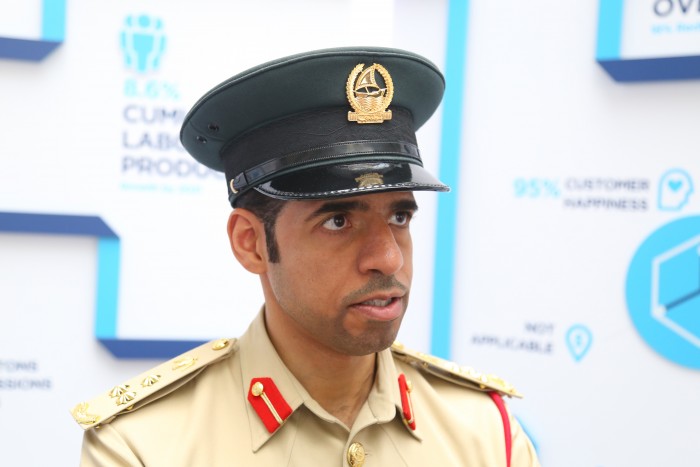
When IDC predicted that 2017 would be the year we would see robots taking over ‘mainstream jobs,’ little were any of us to know that this would include roles in the emergency services. Dubai Police’s ‘Robocop’, which engages users via the screen on its chest, is just one of many technology-driven initiatives that the force rolled out last year.
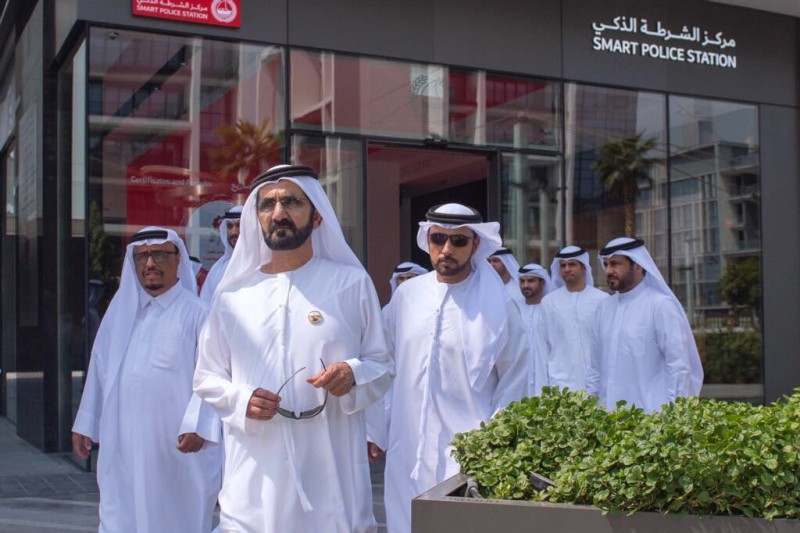
In September, the first totally automated smart police station was opened in Dubai at City Walk. Open 24 hours a day, seven days a week, the new station offers key services such as reporting crimes and traffic incidents, as well as offering community services ranging from getting a good-conduct certificate to social support for victims of family violence. It provides UAE residents with a confidential service point where the customers can speak freely with officers via video link.
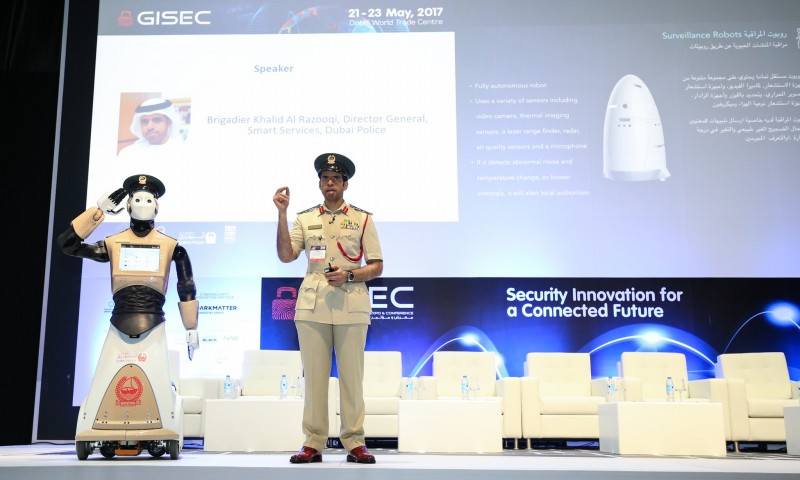
During Intersec last month, Dubai Police also announced its strategic plan for artificial intelligence, following months of research to identify the areas that needed most attention. Despite having already integrated this technology into its smart app, Dubai Police plans to harness AI techniques going forward to improve a number of police tools such as alleviating traffic congestions, leveraging facial recognition systems, implementing self-driving police patrols as well as assistive technologies for improving surveillance methods.
DIFC Courts
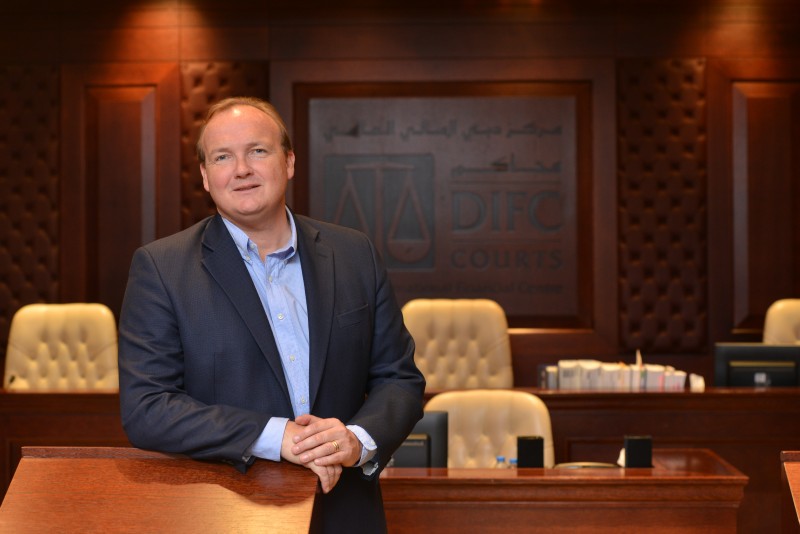
The legal industry might not be the first one to spring to mind when considering the adoption of innovative technologies, but DIFC Courts are on a mission to disrupt the status quo and leapfrog some age-old traditions for the greater good of the UAE’s legal system.
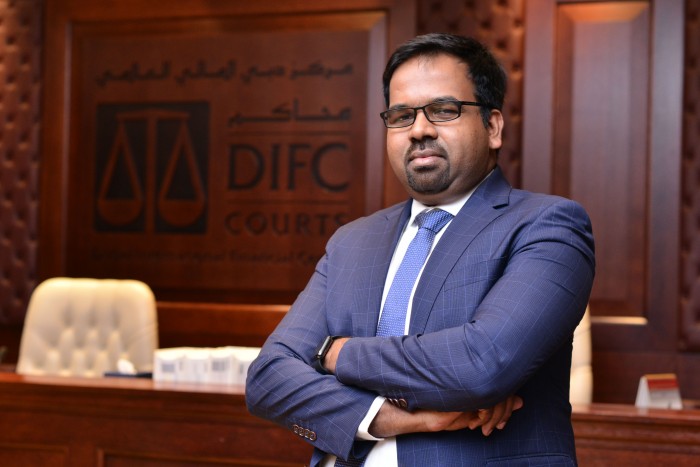
Its smart small claims tribunal – a video-driven digital court that can be accessed by case participants from across the globe – has become the “GCC’s first virtual court”. Having already received international acclaim, it has been visited by Tanzanian and Qatari delegations, who are now keen to follow its example, while eight members of parliament (MPs) from the United Kingdom visited in April for a first-hand look at how the Smart SCT operates, and the role it plays in attracting businesses to the UAE.
ekar
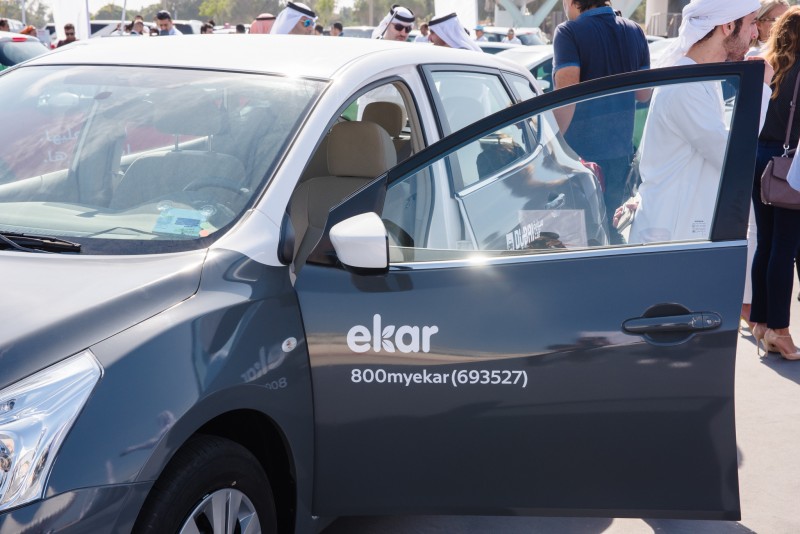
While the Dubai Metro is a cost-efficient and snappy method of commuting from A to B, it’s straight-line approach means that there are a number of areas within the city that are still currently unreachable. Despite over 329,000 riders still utilising the service on a daily basis, this ‘last mile’ issue can often act as a deterrent to using the metro altogether. In an attempt to tackle this, the RTA partnered with ekar in the first quarter of 2017 to implement a fleet of 100 cars across the emirate under the new smart rental service initiative.
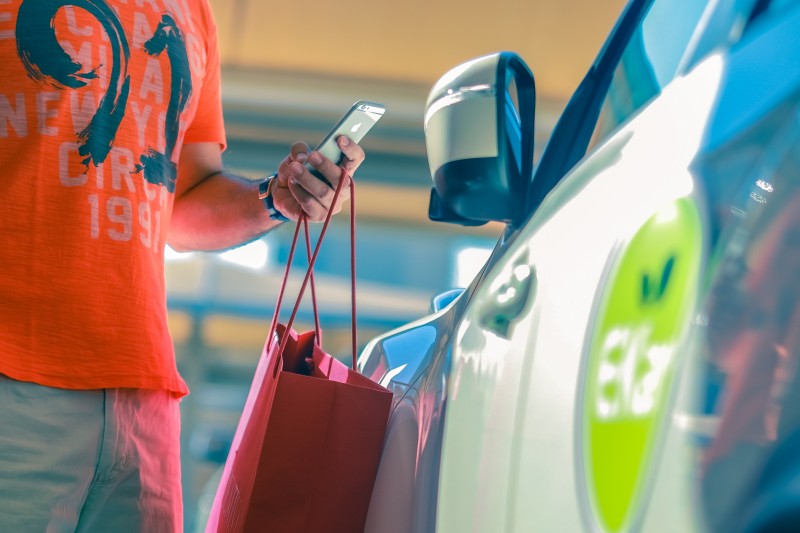
Vehicles can be booked via a mobile app or through the mobile site and then collected from easily accessible locations: either from one of the stations on the Dubai Metro, or from various popular locations throughout the city. ‘ekars’ can be rented for a maximum of six hours, and cost AED24 per hour for a round-trip back to its pick-up location, or AED30 for a one-way trip to an alternative drop-off station.
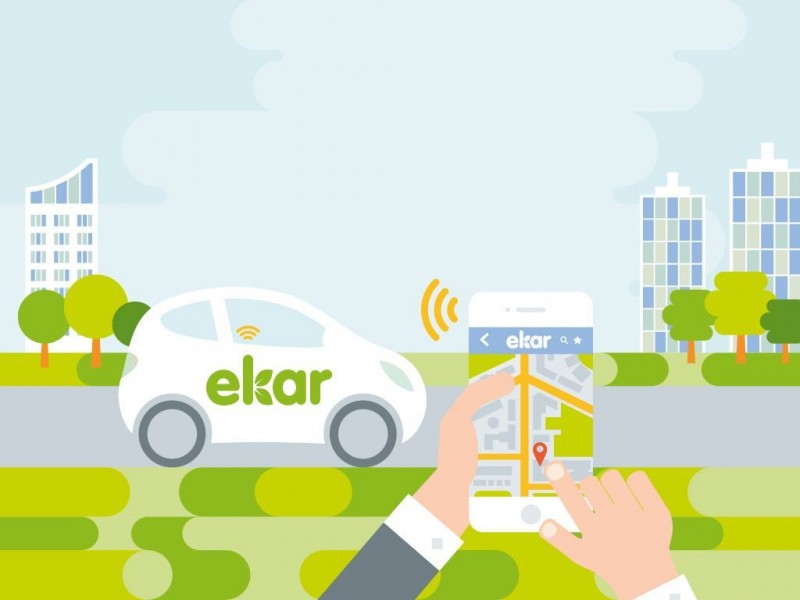
Living in an urban environment might not always require the need to own a car, so this initiative – now in its second year of operation, aims to provide the freedom of driving without the hassle that ownership often brings.



